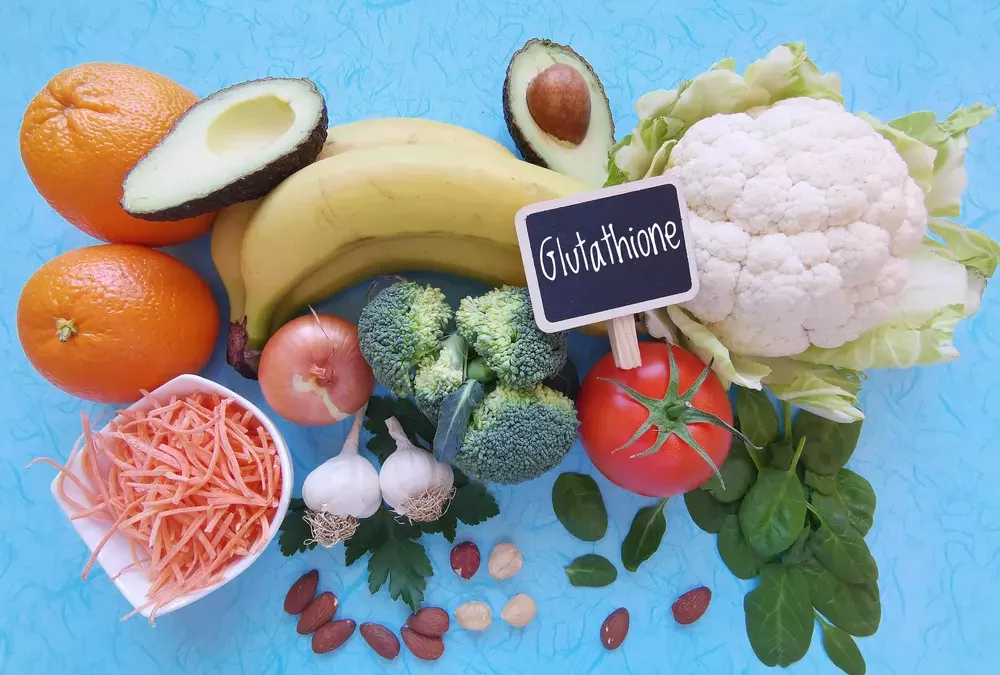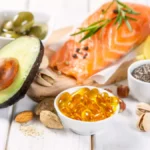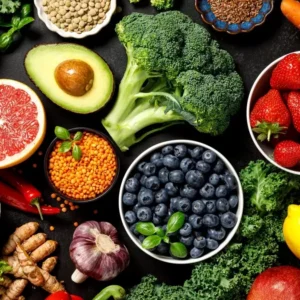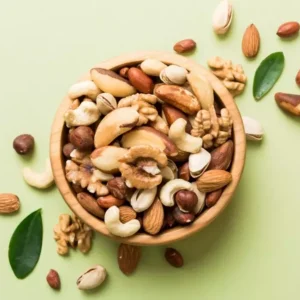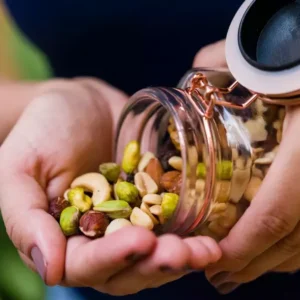“Antioxidants” include certain nutrients present in our food. They help protect the cells of our body from the effect of free radicals. Free radicals are molecules produced naturally in the cells of our body. Their production can be increased with certain factors (pollution, tobacco or even UV rays). Excess can cause premature aging of cells and promote the development of certain pathologies. Antioxidants are therefore essential.
Glutathione is a relatively little-known compound but is sometimes considered the king of antioxidants. It is a protein naturally produced by the body, which plays a key role in the functioning of the body. Focus on this antioxidant.
What are its benefits ?
Antioxidant property
Glutathione is often touted as the most important antioxidant. It has a very powerful ability to fight against the damage of oxidative stress which is the cause of much cellular damage. It can also stimulate other defense processes. It acts as a cofactor of antioxidant enzymes and may promote the activity of other antioxidants. Indeed, it participates in the transformation of the oxidized form of ascorbic acid into vitamin C and it stimulates the antioxidant power. It also helps restore the anti-oxidant action of vitamin E.
In summary, it traps harmful agents and contributes to the protection of the body.
Detoxification property of the body
It plays a major role in the body’s defense by participating in the elimination of numerous wastes and toxic compounds. It promotes the elimination of pollutants via bile or urine. It prevents their accumulation and therefore reduces harmful reactions.
For example, glutathione is used in flushing mercury out of cells and the brain. In the liver, it limits the accumulation of toxins. Glutathione is therefore useful during heavy metal poisoning, taking medications, liver diseases or even impaired lifestyle (tobacco, alcohol, drugs or other).
Anti-aging and pathology prevention properties
It helps to fight against premature aging and then prevents certain pathologies or their complications as is the case for diabetes, atherosclerosis, cholesterol or even cataract problems or other eye-related complications.
It also has a powerful role in the nervous system. It prevents degenerative nervous diseases and the onset of certain mental disorders such as dementia or schizophrenia.
 Receive every day
Receive every day
advice from our experts
to take care of you

Guide d’usage
The lack of glutathione is involved in the occurrence of various pathologies. If it were to lack it, the body would no longer be able to eliminate waste and its general balance would be greatly altered. A sufficient intake is therefore recommended.
Where to find it?
Glutathione is not found directly in food. However, certain foods provide the 3 amino acids that compose it. By consuming them, they will then be released during protein digestion. For a good intake, it is advisable to consume fruits and vegetables daily by promoting:
- asparagus ;
- broccoli ;
- the cabbage ;
- spinach ;
- cauliflower ;
- Brussels sprouts ;
- the mushrooms ;
- the lawyer;
- raspberries ;
- grapefruit ;
- apples ;
- oranges ;
- peaches ;
- bananas.
It can also be in the form of a food supplement with reduced glutathione (GSH) or by taking precursors such as glutamine.
Needs
Glutathione reserves gradually decrease with age and drop sharply from the age of 50. Factors, such as significant physical activity or certain pathologies, can accelerate its decline.
Supplementation can be done from this point on. It is recommended to take 300 mg of reduced glutathione for prevention and 600 mg if a pathology appears.
The most important thing before taking supplements is to seek the advice of your doctor.
Interaction
Vitamin C increases its absorption and effects. It is interesting to associate it with glutathione. Certain trace elements can reinforce its protective role, such as glutamine, zinc, copper, manganese, iron and selenium. To limit glutathione losses, it is also advisable to have a good balanced and varied diet that includes all food families and to have appropriate regular physical activity.
Chemical property
Glutathione is a tripeptide, composed of three amino acids: glutamate, cysteine and glycine. It is involved in the transport of hydrogen. It exists in two forms:
- Reduced (GSH);
- Oxidized (GSSG).
These two forms balance each other.
History
Glutathione was discovered in 1888 precisely, but scientists really became interested in its benefits around 1970.
97% Readers found this article helpful And you ?
Was this article useful to you?



